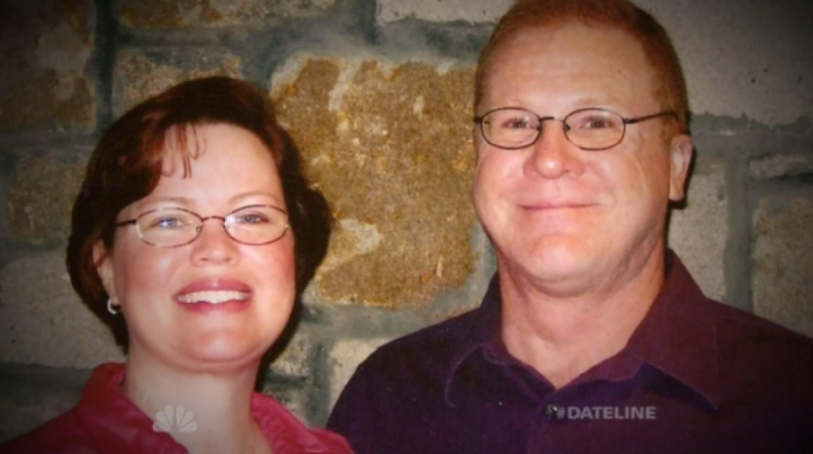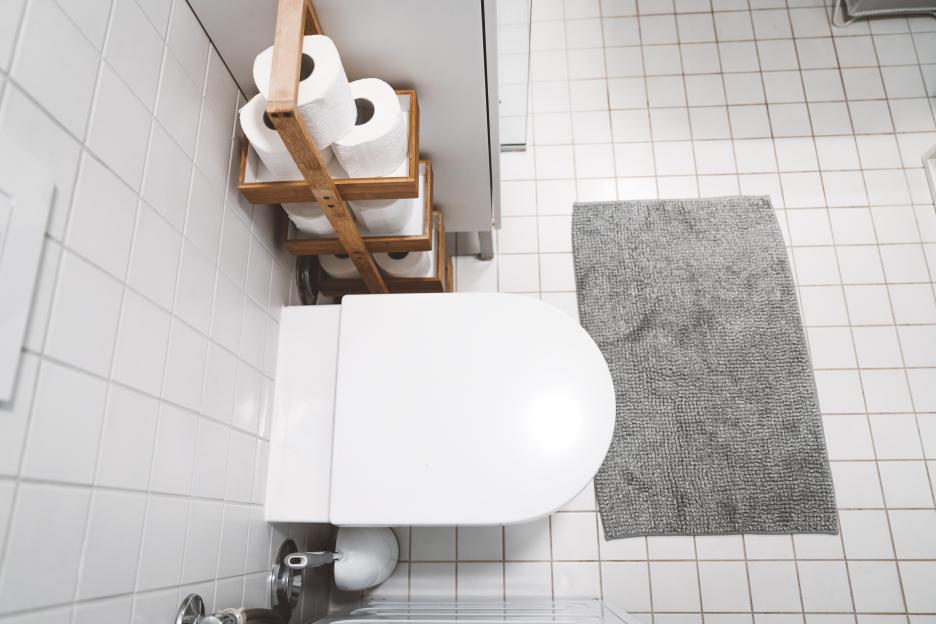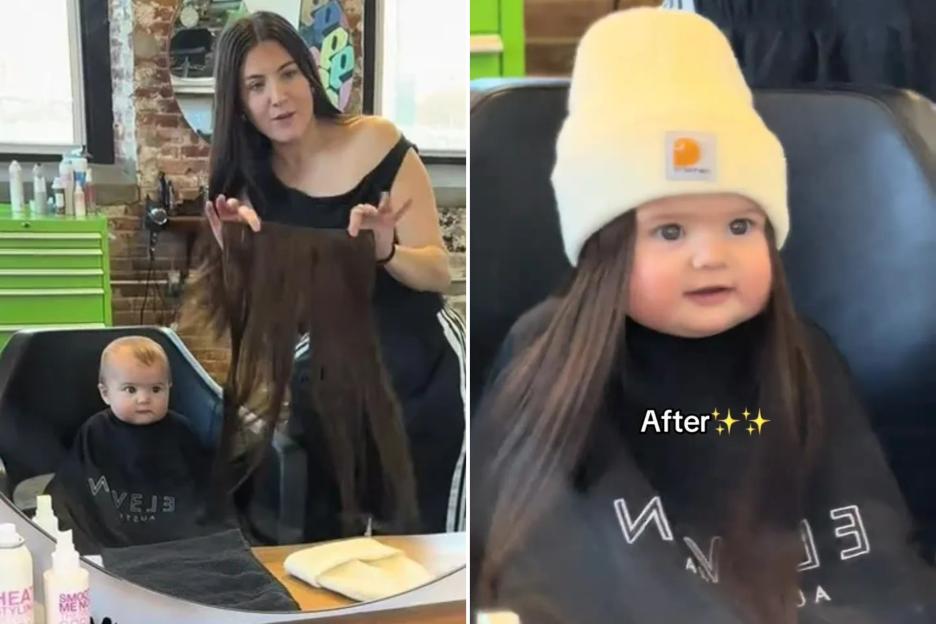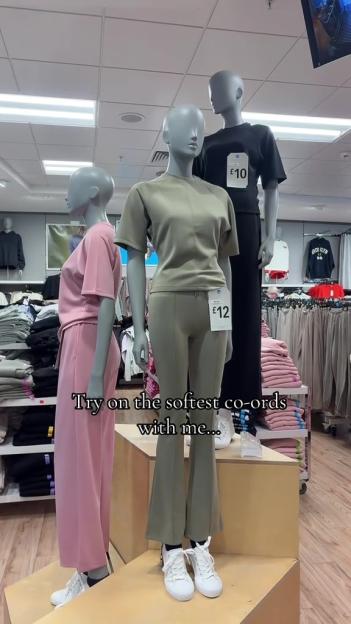OPENING my purse, I stared at the crisp £10 note â the last of my week’s benefits to support our family of eight.
Most people would have felt a wave of panic, but I was gripped by a familiar adrenalin surge as I dashed in to the corner shop and exchanged it for scratchcards.
 Marie Ellefsen gambled away the last of her Universal Credit on her secret sratch card addiction
Marie Ellefsen gambled away the last of her Universal Credit on her secret sratch card addiction Marie’s husband was completely unaware of her addiction â despite her asking for money and lying that it was food
Marie’s husband was completely unaware of her addiction â despite her asking for money and lying that it was foodTo an outsider, it might have looked reckless, even selfish, to gamble away the last of my .
But the truth is, I’d been doing it for 20 years. Worse still, my secret compulsion â hidden from everyone I loved, including my husband â was costing me an unbelievable £150 a week.
Now, as I celebrate one year free from a scratchcard that nearly tore my family apart, it’s hard to believe it all began with a single £1 card back in 2005, when I was just 25.
The brightly coloured tickets had always stood out to me as I queued at the tills, and I’d wondered what I might win if I bought one.
Handing over the cash on that run-of-the-mill day, when curiosity just happened to get the better of me, I felt excited to have one of the £1 cards in my hand.
I started scratching away, dreaming of the £100,000 jackpot, and couldn’t believe it when I saw that I had won £20.
I was ecstatic and immediately bought 20 more cards of the same kind. But, to my dismay, I didn’t win a penny on any of them.
Without realising it, I was already hooked.
I’d felt so elated, it was a massive buzz â and I wanted that again.
I started obsessing over what I’d do with the when I won big.
I daydreamed about buying my two boys â the eldest of the six I have now, currently aged 28 and 23, the treats they begged for.
I was on back then, as I’d been a full-time mum since I’d had my first baby aged 17. My husband Michael, now 52 and a furniture maker, was unemployed.
We didn’t have much money and the idea of a lucky break was so tempting.
So the following day, I found myself heading back to the shop to buy my next card â and it became a daily habit.
Every time I clutched one in my hand, I felt exhilarated and thought this would be our chance to have a better life.
‘Sobbed for hours and finally confessed’
Despite then having sons aged 13 and eight to raise, I continued to chase the jackpot by spending £5 a day on tickets.
But within three months, that had doubled to £10 a day â all at the same corner shop.
If I got lucky, I’d go straight back to the cashier with my winnings to buy more cards.
No one had any idea about my habit. I knew it wasn’t healthy, but it never occurred to me how much I was actually spending.
I was addicted to the thrill as I would get a win roughly three times a week, usually only £10 or so. After a couple of months, I scooped £100 â my biggest amount to date â but I spent the lot on more .
When I walked in to the shop, the cashier would say: “Here for your cards?”;
My destructive behaviour went on for 16 years, which sounds incredible to me now, but is sadly not unusual.
As a mum, it was my outlet for stress, my secret. I always made sure I kept back the £70 I needed for the week from my benefits.
Deep down, I was ashamed and couldn’t bring myself to admit to Michael what I was doing â and I’d make sure to toss the cards away in public bins before I went home.
This destructive behaviour went on for 16 years, which sounds incredible to me now.
But sadly, it is not unusual. Women typically mask addictions for seven years, according to Gamble Aware.
In December 2021, things suddenly intensified when I won £500 on a £5 scratchcard.
This time, I didn’t plough it all into more tickets, though. Instead, I used it to buy my shopping, as I was a mum to five children by then.
Normally, I couldn’t afford to buy them presents, but that year I handed them the Smyths Toys catalogue and let them take their pick.
I had used scratchcards every day during each of my pregnancies, and bought them as soon as I was fit enough to get out of the house after each birth.
And I was so happy that it seemed to have paid off, and that I could finally buy the kids the £70 toys they wanted.
On Christmas morning, they grinned from ear to ear as they ripped open computer tablets, Barbie houses and talking dolls.
I felt so proud to have been able to give them what they deserved â but that merely served as a. In fact, from that moment on, I was at the shops buying as many scratchcards as I could afford on benefits.
I got £700 a month in Universal Credit, and would set aside as little as possible for my weekly food shops and â so that everything else could fund my
 I was going into several shops now, not even realising how many scratchcards I was buying, says Marie
I was going into several shops now, not even realising how many scratchcards I was buying, says MarieMy family were my priority â if I ran out of money and my husband didn’t have any I’d sell my stuff to buy cards.
Now I’m free from scratchcards, I’d say you shouldn’t use benefit money to buy them, but in addiction it warps your mind.
I was buying from several places now, not just the corner shop, and I didn’t realise how many scratchcards I was snapping up.
I’d also never made a conscious decision to use my benefit money. I was just hooked.
If I ran out of cash, I’d ask Michael, who was working by then, for some â lying to him that it was for food.
He never questioned it. He’d just place a note in my hand and I’d run to the shop to bulk buy scratchcards. At the time, I didn’t feel bad.
When it’s an addiction, you don’t think like that. I feel so guilty about it now. I wish I had told him sooner.
In 2023, when I won another £500, my spending shot up from £50 to £150 a day. I was chasing my tail, determined to get a jackpot of a million quid.
I really felt that what I was doing was for the benefit of my family, and I was spending around 30 minutes each day walking to at least three shops to hide my addiction.
Then, one day at the end of May last year, reality hit. I had gone on my usual scratchcard jaunt, splurging £50 on £5 cards in one newsagent. I forked out £50 more, and won £20, but then I went to another corner shop and lost the lot. My heart sank when I realised that was £120 gone in a heartbeat.
And suddenly, I knew that I couldn’t keep doing this.
 I’d never made a conscious decision to use my benefit money, I was just hooked, says Marie
I’d never made a conscious decision to use my benefit money, I was just hooked, says Marie Marie says her addiction to scratchcards was to pay for treats that she wanted to spoil her kids with
Marie says her addiction to scratchcards was to pay for treats that she wanted to spoil her kids withI totalled up my spending on gambling and realised that, over 20 years, I’d thrown roughly £98,500 at my card addiction.
We live in a rented house â that money could have been put towards a deposit to buy our dream home. Instead, it was gone.
I sobbed for hours.
That day, after pulling myself together, I finally confessed my addiction to Michael.
He was shocked by how much I’d spent on scratchcards, but he wasn’t angry and he didn’t shout.
He told me he wished I hadn’t kept it a secret for so long. He just looked deflated. His reaction was a reminder of why I love him so much.
After the shock had subsided, we made a plan to kick my habit for good.
I went cold turkey, cutting scratch cards out completely, making sure I never ventured out alone so I didn’t get the urge to buy any.
Walking into a supermarket, I couldn’t even glance in the direction of the counter where they were displayed. I had to be strict with myself.
It took every bit of strength I had, but I never relapsed.
Finally, after six months, the urge started to subside and I could go out alone again.
I was able to walk into a newsagent, look at scratchcards and think, “I don’t miss you”;.
I’ve told the children who are old enough to understand, and they are so proud of me.
Now, I have found an unusual way to keep my gambling urge at bay â by viewing videos on of other people losing money on scratchcards.
Watching three or four a day reminds me how much I frittered away. It’s heartbreaking to think that if I hadn’t spent that money, and had saved it instead, I would effectively have won the jackpot I originally dreamed of â but I can’t live off regret.
What I can do is tell my story in the hope it helps others.
Addiction isn’t something to be ashamed of â and it IS possible to beat it.
Just remember you’re highly unlikely to land that big win â you won’t even make your money back in the long term.
All you’re doing is chasing a dream.
- Get free help 24/7 on gambleaware.org or call0808 8020 133







